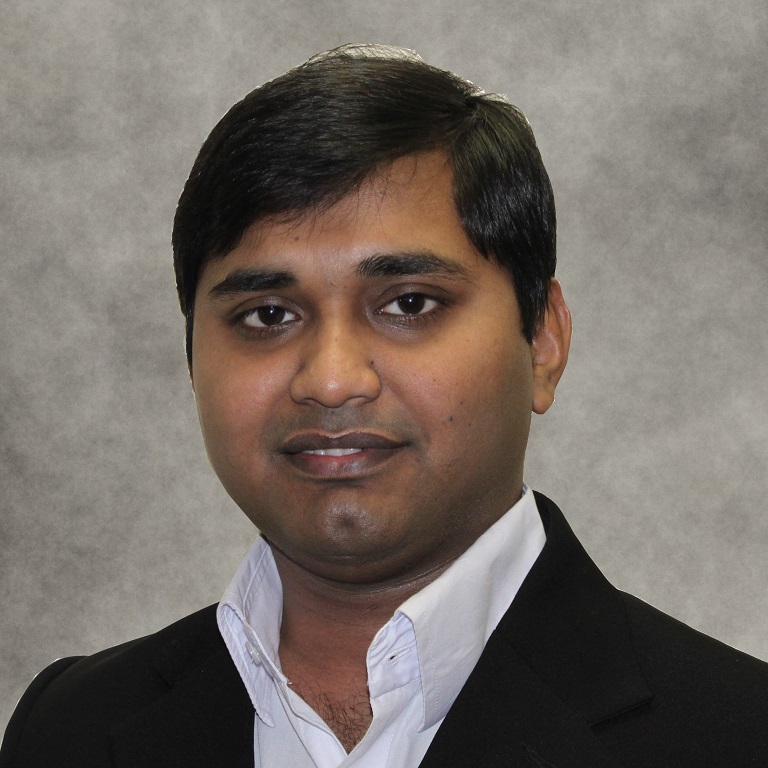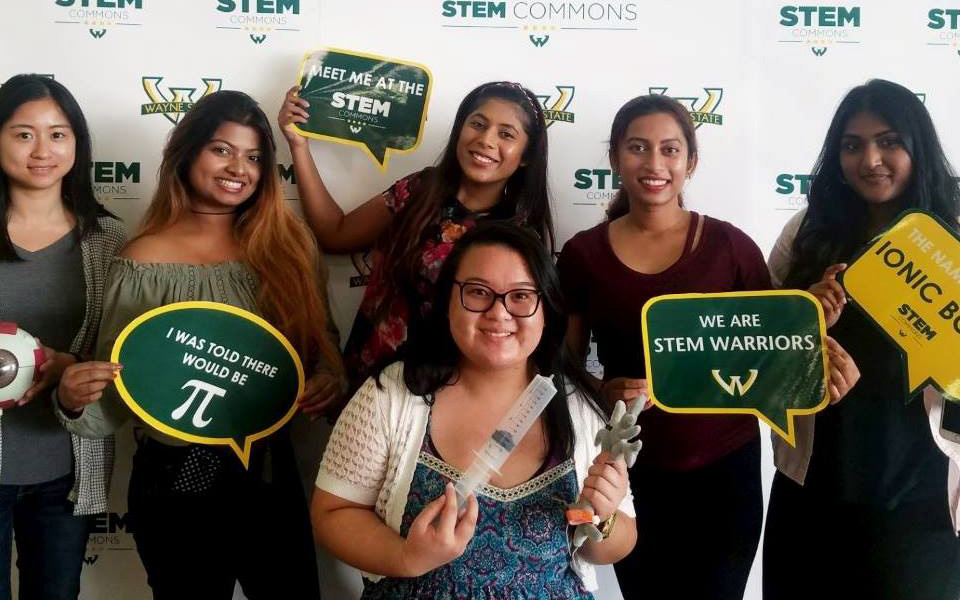How peer code reviews affect gender diversity in software engineering
A new Wayne State University study suggests that simply having a more positive attitude toward a peer's work output is a step in the right direction toward achieving gender diversity in tech.

A research team guided by Amiangshu Bosu, assistant professor of computer science at WSU, examined a specific segment of the software engineering (SE) industry to uncover evidence of discriminatory or discouraging attitudes from male developers to their female counterparts. The study intended to identify differences in expressions of sentiments between genders within peer code reviews, a common practice done to identify possible defects before merging code into a project.
"We believed such an investigation could possibly determine another factor behind the low participation of female developers in the contemporary software industry," said Bosu, whose collaborators included Rajshakhar Paul, a graduate research assistant at Wayne State, and Kazi Zakia Sultana, an assistant professor at Montclair State University.
Tech jobs are among the fastest growing in the U.S., but a significant gender gap - one that began to form as early as the 1960s - in computing and SE professions remains. This phenomenon can be attributed to a number of issues ranging from wage discrepancies to unpromising career advancement potential to hiring biases.
However, it's likely that incivility in the workplace also contributes to a trend that sees 56 percent of women exiting the tech space by mid-career - twice the attrition rate for men - and will leave women holding just 20 percent of computing jobs by 2025, despite the industry's growth rate of three times the national average.
"As most software development organizations are male-dominated, many female developers encounter negative workplace experiences and report feeling like they 'do not belong,'" said Bosu. "Exposure to discriminatory expletives or negative critiques from their male colleagues may further exacerbate those feelings."
The research team sifted through code reviews contributed by more than 3,500 developers over six different open source projects. Using the state-of-the-art sentiment analysis tool SentiSE, each communication was classified as negative, positive or neutral. They also tracked the usage of sentiment words, emoticons and expletives.
"Despite traditional beliefs in the Western culture portraying women as 'the emotional sex,' the results found the opposite in the SE industry," said Bosu.
Females were far less likely to express sentiments than males. Although females were more neutral to their male colleagues than to other females, male developers in half the projects analyzed were not only writing more frequent negative comments but also withholding positive feedback from female peers, suggesting possible misogynistic attitudes. Women were also found to be less prone to using emoticons or expletives.
"Even when female used expletives, they avoided certain highly offensive ones that males often used," said Bosu, who added that such behavior is consistent with a "toxic culture" that has been brought to light.
One question raised by the study is why female developers do not feel free to fully express themselves in the SE context as they often do in other professions or on social media. Factors to consider are that other communities are more gender inclusive, and there is often a lack of female mentors or top-level executives in SE. Women who are uncomfortable in their work environments may be more reserved.
"The study suggests that, besides eliminating technical discriminations, project administrators should take steps to eradicate discriminatory behaviors and censor misogynistic tones to build more inclusive organizations," said Bosu.

Despite a half-century of gender imbalance, the outlook for women in tech is not all doom and gloom. A recent HackerRank study shows that women today are 33 percent more likely to study computer science than those born prior to 1983. At Wayne State, the numbers are even more encouraging - a 173 percent increase in female enrollment in computer science over the last seven years. A quarter of all computer science students at WSU are female, well above the current national average. A flood of new female talent in SE and computing may present opportunities to cultivate more constructive work environments.
Loren Schwiebert, professor and chair of computer science, noted that WSU is also seeing an upward trend in the participation of women in computing. "For instance, our student chapter of ACM-W (Association for Computing Machinery's Council on Women in Computing) is very active," said Schwiebert. "This organization is helping female students feel more connected to computing, engaged with the department and aware of opportunities for women in computer science."
Bosu and his colleagues recently had a paper summarizing this study accepted to the 26th IEEE International Conference on Software Analysis, Evolution and Reengineering (SANER) which will be held February 24-27 at Zhejiang University in Hangzhou, China.